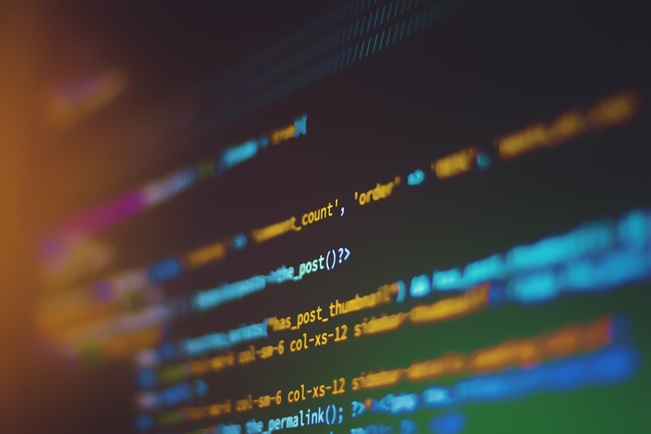Python is a popular, easy-to-learn programming language with a thriving, ever-expanding user base. Python is an excellent place to start if you want to change jobs in the computer sector through coding. It’s reasonably simple to master and quite adaptable, and it’s utilized in a wide range of industries, including data science and machine learning, as well as game design.
This article will go over a few reasons why you should learn Python programming, as well as the educational courses you can pursue to acquire this vital skill set.
Table of Contents
Python Is Beginner Friendly
For starters, if you’re new to coding, this language is an excellent starting point. One of the most difficult challenges for prospective coders is learning a new language that looks nothing like what they’re used to reading and writing. Python, on the other hand, uses English syntax and was meant to be compact and simple to comprehend, increasing access to first-time programmers more than most other languages.
In addition to that, Python is very simple to learn due to the fact that it is an interpreted programming language. This means that you can execute each line of code as soon as you finish writing it, allowing you to instantly review it and make changes if necessary – a huge aid for those that are learning and a saves a lot of time for coders everywhere.
Of course, every beginning is difficult, but if you are motivated enough, you can get Python programming help online in the form of an online tutor who will help you become more confident in your programming skills.
Python Is Very Versatile
Python is extremely adaptable. It may be used for both simple and difficult tasks, and it is employed in a variety of fields, ranging from data science and software engineering to mobile app development, AI, and ML. This versatility is owing to a large number of Python libraries available (over 125,000, to be specific). Libraries are collections of pre-written code in a certain language that anybody can access, which means that after you’ve mastered the fundamentals of Python, you’ll be able to comprehend and utilize a vast amount of code produced by other programmers.
Python’s ability to operate alongside other programming languages is another essential facet of its versatility. Jython (Python combined with Java) and CPython are two common instances of Python implementation with other languages (Python integrated with C). Finally, Python has cross-platform capabilities, which means it will operate properly whether you’re using Windows, Linux, or macOS.
What Can You Do With Python
Data Science
According to a poll conducted by Kaggle, an online community for data scientists, Python is the most often utilized programming language in the area. Python’s popularity is well-deserved, thanks to its time-saving modules and ability to analyze big data sets fast and do repetitive operations.
Web Development
Python’s versatility makes it easier to construct complex web tools. Python’s web frameworks, such as the popular Django, may make developing both back-end and front-end functionality easier and faster. Python is utilized for web development by huge corporations as well and many firms look to hire Python developers in the present day. Google and YouTube have both heavily used it for many of their digital infrastructures.
App Development
Python is a wonderful alternative for anyone interested in learning how to develop apps. Because of its short development time and effort, it is an excellent language for prototyping. Python’s cross-platform capabilities make app creation as simple as web programming. Python, in particular, has lately gained traction in the fast-growing industries of blockchain app development and gaming app development due to its strong frameworks and real-time testing.
Python Has An Incredibly Supportive Community
While programming is sometimes misunderstood as a solitary activity, one of the most valuable resources a programmer can ever have is indeed the support of their community. Computer scientists continue to learn from and build on the successes of their predecessors thanks to internet forums, informal meet-ups, and the open-source community.
Stack Overflow is a coding question-and-answer platforms that is essential for all developers who are stuck or wish to share their knowledge with the community. Python is covered in over one million questions on Stack Overflow, proving that it has an immensely healthy and active community for present and future Python developers.

